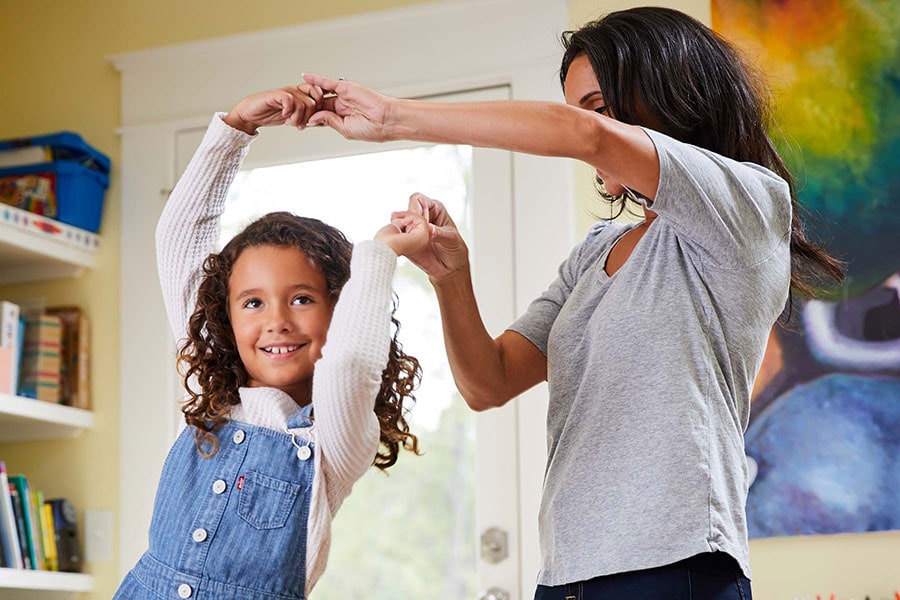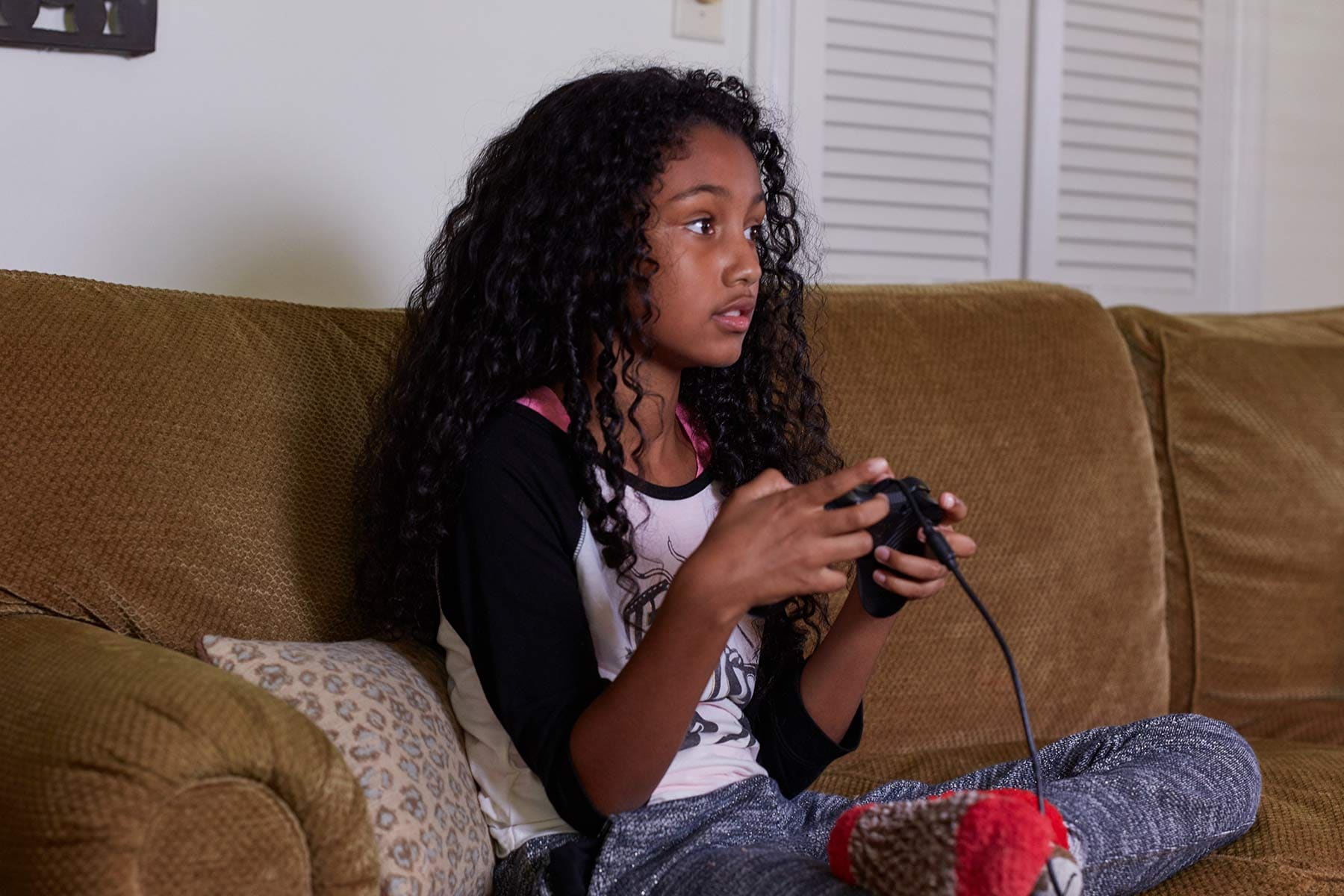Motivate Your Child to Stay Active
Physical activity builds lifelong health and strong muscles and bones, but how can you encourage your child to get active? Enthusiasm is an important part of physical literacy that helps kids to remain active for life. Simply put, when kids enjoy an activity, they want to do more of it.
Parents can help their kids develop a passion for physical activity by giving them plenty of positive experiences at an early age. Our experts have you covered with tips and strategies to motivate your child to get moving.
In this article:
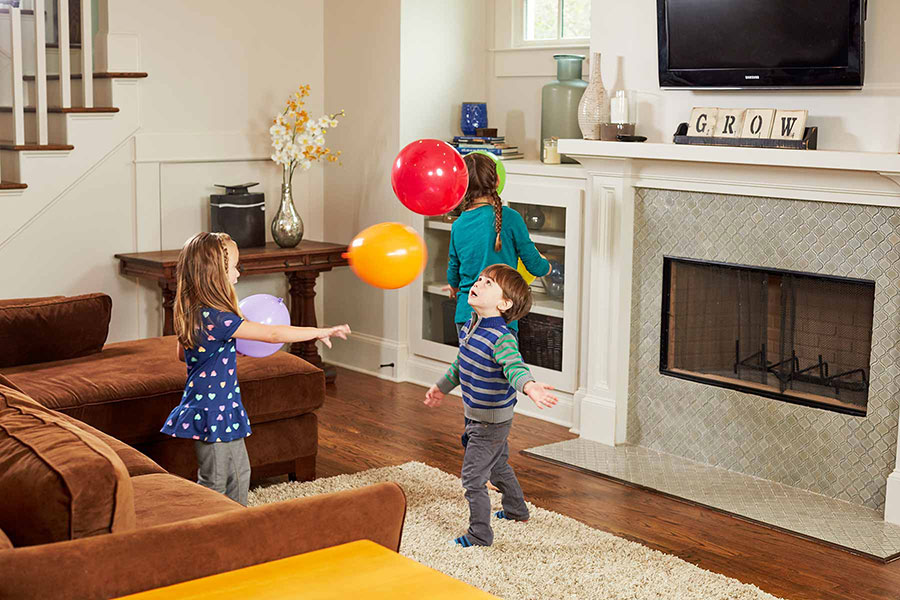
Make physical activity fun
According to The Aspen Institute, 9 out of 10 kids say “fun” is the main reason they participate in sports. During their infancy and childhood, your role is to make physical activity a positive experience.
Kids should connect physical activity with health and happiness. Try to avoid presenting it as a chore or obligation, a way to “earn” other privileges (toys, screen time or food) or a privilege to be taken away.
And remember to choose age-appropriate activities so they don’t get discouraged or bored. Check out a few of our favorites:
- Encourage your child to use their imagination by letting them play DJ for a family dance party.
- Help them grow their sense of balance by pretending the floor is hot lava.
- Throw a ball or balloon in the air and count how many times you can hit it back and forth before it touches the ground.
- Freshen up your family walk by exploring the neighborhood with a scavenger hunt.
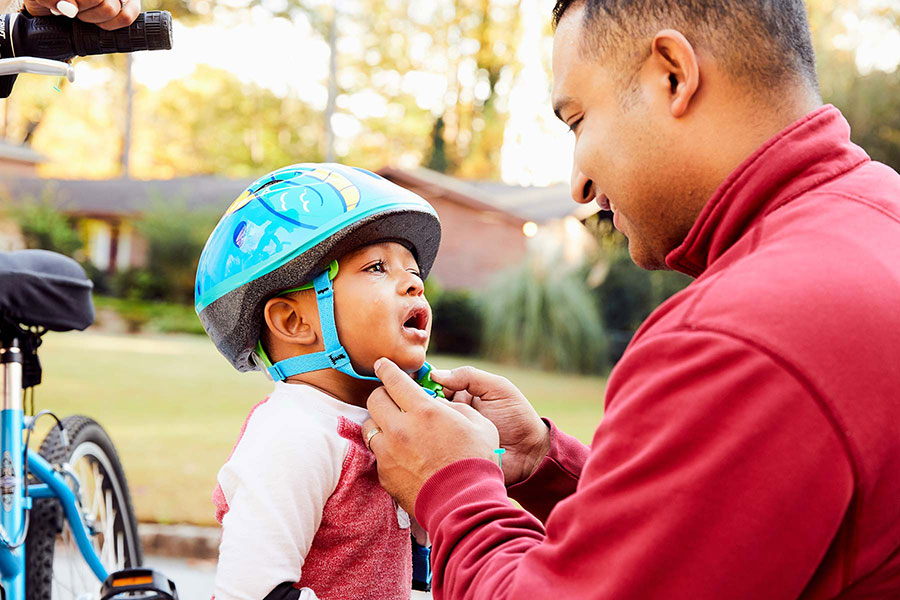
Be mindful of how you react to new experiences
Our kids look to us as they learn to react to new and challenging situations. Every day, we have plenty of opportunities to model important lessons like resilience and problem-solving. You can help your child learn to cope with setbacks and develop confidence simply by modeling healthy responses.
Imagine your child is learning to ride a bike. How would you react if they fell? If the reaction is negative, your child may become anxious or fearful. If the reaction is supportive and positive, they will be more likely to try again.
Falling off a bike or missing a goal in their soccer game may seem like failure, but these experiences are opportunities for your child to grow. From physical activity and play, kids learn motor skills and key social skills, such as how to win and lose, how to take risks and how to improve.
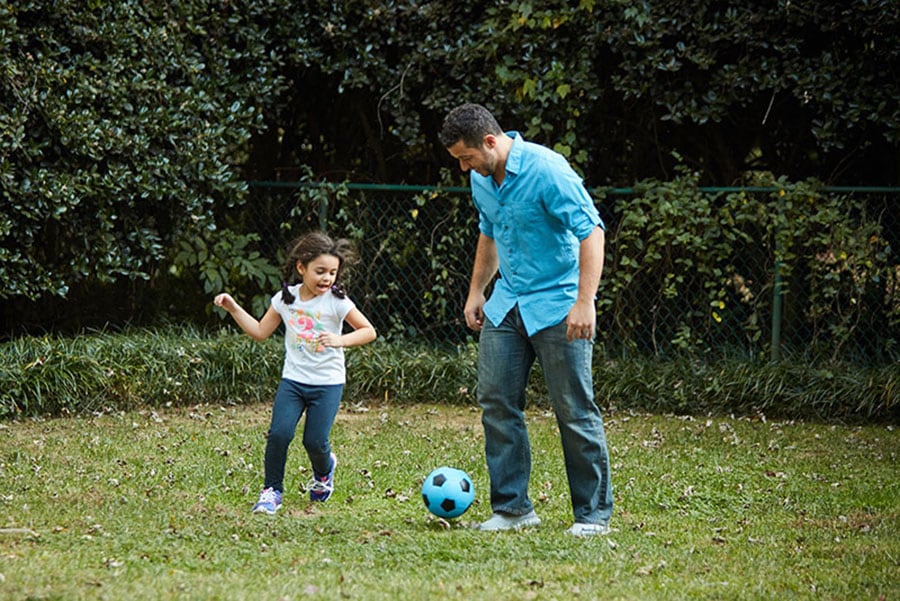
Give them encouragement
Make a point of introducing your child to new sports and activities to help them develop a range of skills. Remember to be encouraging while not holding the expectation that they will be the best at everything they try.
Avoid pushing a certain activity. Sports specialization at a young age can lead to burnout. Give your child the opportunity to participate in a variety of sports and activities rather than prioritizing just one. Commitment and interest go hand in hand with ability, so it’s important to test different sports to find activities that are right for your child.
Encourage them to give it a chance. It’s OK to sign your child up for a sport or activity, even if they are resistant at first. Compromise by having them commit for a certain amount of time. They’ll only be able to decide whether they enjoy it or not after they give it a chance. A summer sports camp or swim league can give them the perfect window of time to decide if they like it—and remember, they may surprise you!
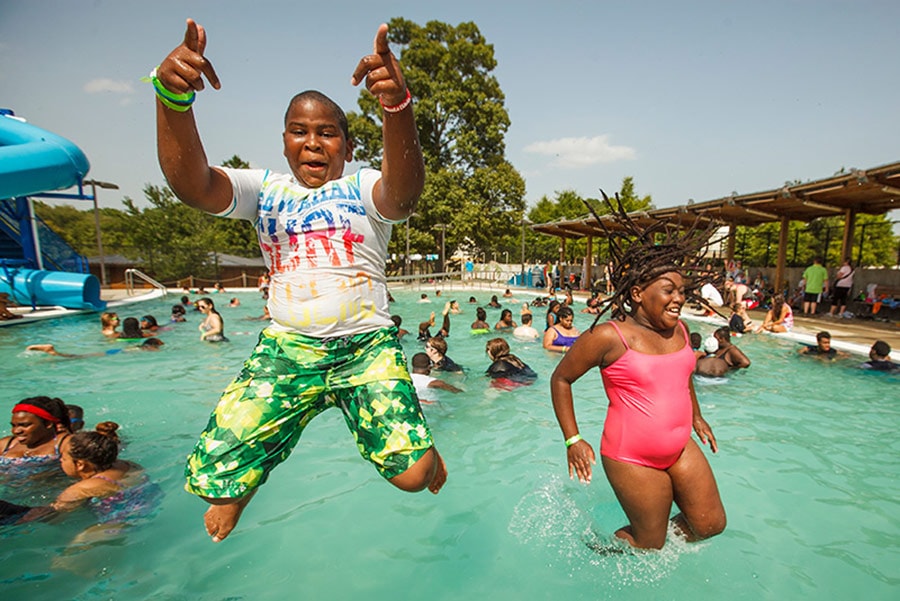
Try to keep an open mind
Passion plays a vital role in staying active for life. So the most important thing parents and caregivers can do to support their children is encourage them to try new things. If your kid asks to sign up for a sport or activity that is outside your comfort zone, try putting your feelings aside and allowing your child to explore it. It’s important to honor your child’s feelings when it comes to thinking of creative ways to exercise. A few examples to keep in mind:
- Your toddler asks to kick a ball in the backyard, but you don’t like to go outside.
- Your child voices an interest in swimming, but you are afraid of water.
- Your son wants to try dancing, but you are worried people may make fun of him.
If you feel apprehensive or overwhelmed or have questions, reach out to supporters like coaches and teachers. It’s natural for parents to feel protective of their families, and no one is born an expert in all sports.
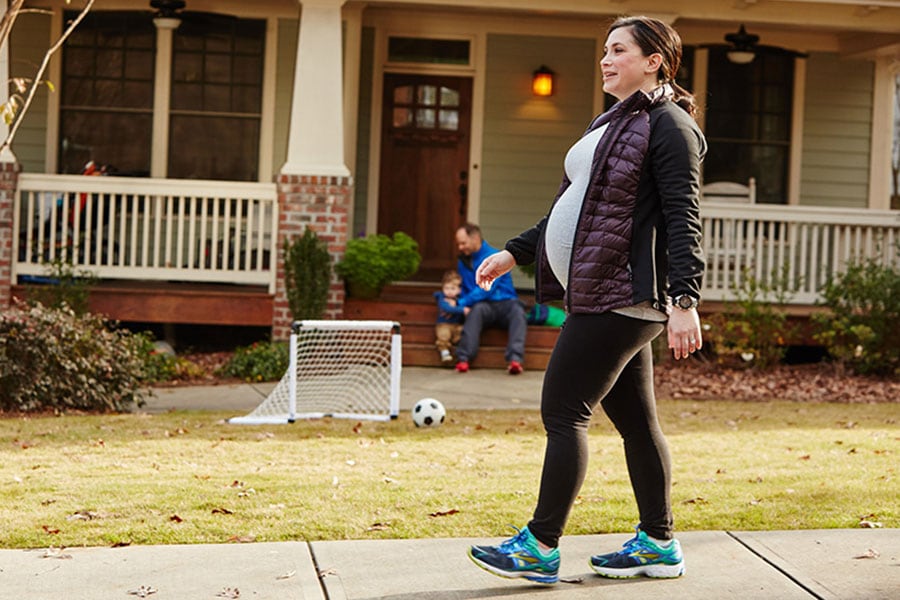
Motivate by role modeling
Parents have a great opportunity to be role models and promote physical activity in a positive way to their kids. It’s much easier to convince kids to get moving if they see you being active—and enjoying it! The upside to role modeling exercise as fun? Getting active together is a great way to make memories with your family.
Lead by example. Good or bad, kids watch and learn their habits from the adults around them. This includes our approach toward staying active. As adults, we tend to associate exercise with weight, but try to avoid talking about weight around kids. (They are always listening!) Instead, if they see you lacing up your running shoes and heading outdoors because you enjoy moving your body, they’re more likely to do the same down the road.
Be mindful of your own behaviors. Remember, we can’t expect our kids to put down their devices and make time for physical activity if we can’t do the same. And the more time kids spend online, the less time they spend being active. Encourage your child to get moving by limiting your own screen time. Try playing a game of family freeze tag or hide-and-seek. The more present we can be with our children, the more they’ll learn to love activities other than playing with electronics.

